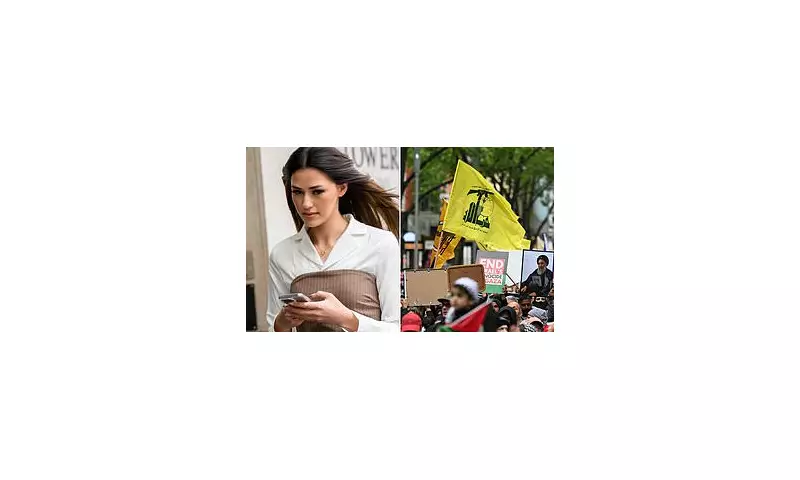
In a landmark legal confrontation that could reshape Australia's national security landscape, a Sydney woman has launched a historic constitutional challenge against the country's anti-terrorism laws. The case emerges from her prosecution for flying a Hezbollah flag outside her residence—an act authorities deemed in violation of current terrorism legislation.
The Controversial Prosecution
The defendant, whose identity remains protected, faces criminal charges under Australia's robust counter-terrorism framework after displaying the flag of the Lebanese militant group Hezbollah. Australian law explicitly prohibits the display of symbols associated with organisations designated as terrorist entities, with Hezbollah falling squarely within this category.
Legal experts describe this challenge as unprecedented, marking the first direct constitutional test of these particular provisions within Australia's anti-terror legislation. The case promises to examine the delicate balance between national security concerns and fundamental freedoms.
Constitutional Foundations
The defence team is mounting their challenge on multiple constitutional grounds, arguing that the current laws:
- Infringe upon implied freedom of political communication
- Lack sufficient precision in defining prohibited conduct
- Potentially criminalise political expression without adequate safeguards
This legal battle comes at a critical juncture, as governments worldwide grapple with updating counter-terrorism measures while preserving democratic principles. The outcome could establish significant precedents for how Western democracies reconcile security imperatives with civil liberties.
Broader Implications
Legal observers are closely monitoring the proceedings, recognising that the court's decision could influence:
- Future interpretations of terrorism-related legislation
- The scope of permissible political expression in security contexts
- Legal challenges to similar laws in other jurisdictions
The case has sparked intense debate among legal scholars, civil liberties advocates, and national security experts, all keenly aware that the ruling could redefine the boundaries of state power in combating terrorism while protecting individual rights.
As the constitutional challenge progresses through Australia's legal system, it represents not just one woman's defence against terrorism charges, but a fundamental examination of how democracies legislate against security threats without compromising their foundational values.





